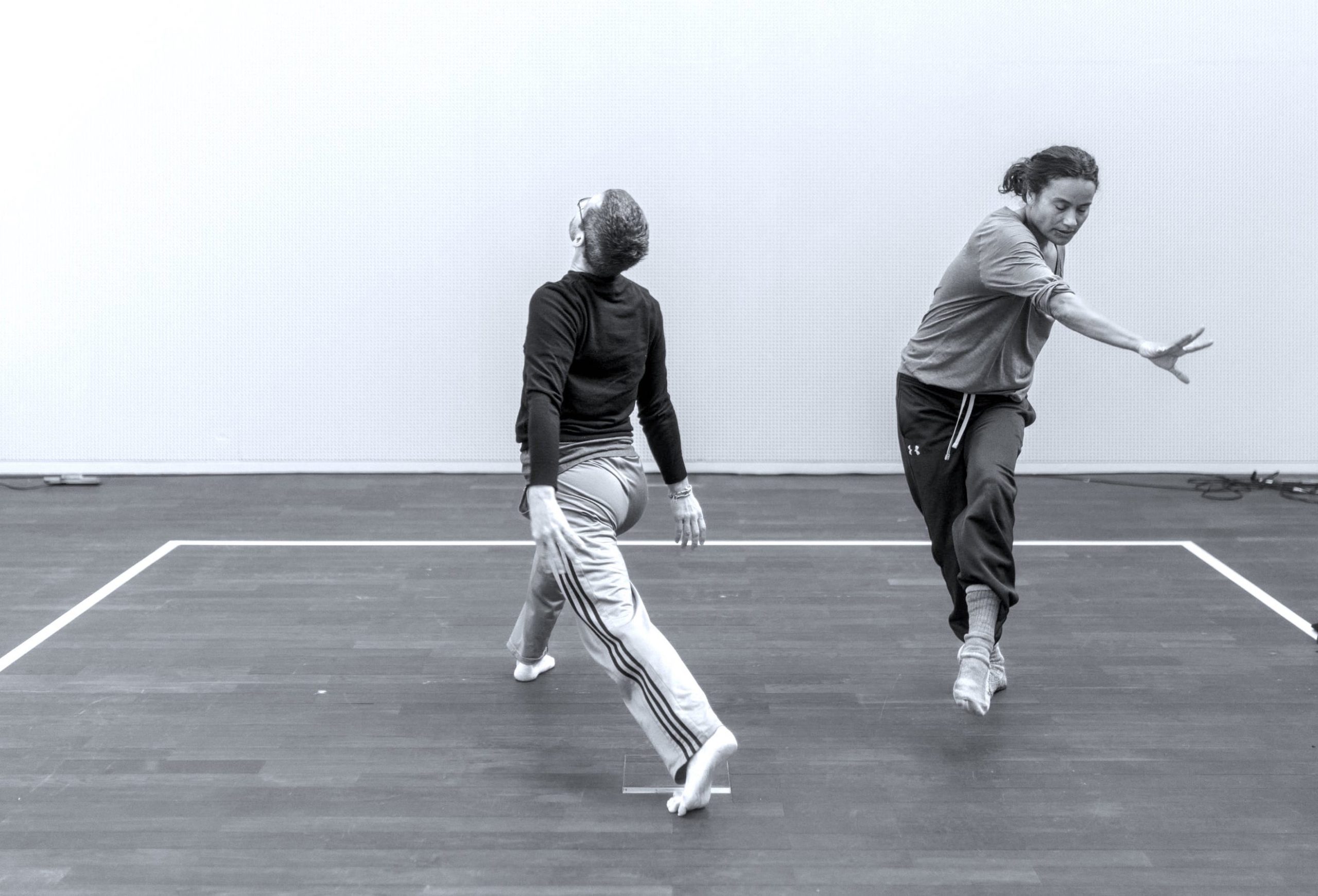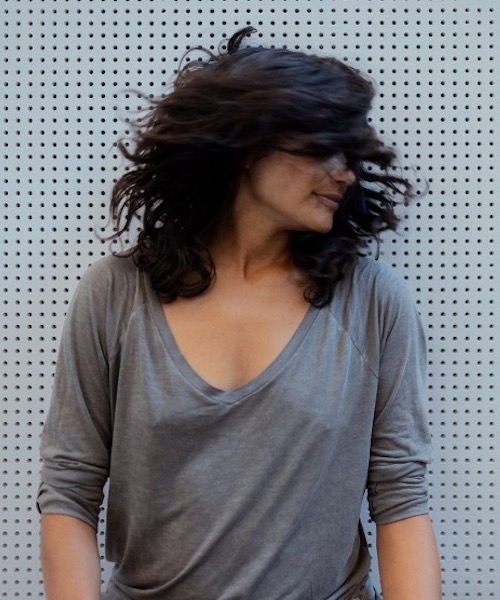Murielle’s Reflections on international arts residency M.E.R.C.I. with Cie Marie Lenfant
My name is Murielle Elizéon, I am a choreographer, dancer, teacher, community weaver, and co-director of Culture Mill, a Performing Arts Laboratory based in the US.
A couple of weeks ago, I was invited by the French Cie Marie Lenfant to be part of M.E.R.C.I., an international artistic residency gathering musicians/composers and choreographers from Morocco, France, the US, Greece, and Ireland, in Le Mans, France. The concept was to make teams of 2-3 artists that did not know each other for an intensive 10-day practice period in the studio, culminating in the public performance of an improvised form. I was paired with choreographer and Tipperary Dance director Alexandre Iseli and musician/composer Cyesm, and the playful, unusual starting point ended up yielding a profoundly moving experience at many levels.
As both a choreographer and the co-director of an arts organization, opportunities to have deep, meaningful discussions and abundant time with people in similar positions are rare, often very short, very prescribed, and very transactional. They also usually do not involve the heart of the matter: the body. This intensive residency container offered me/us an organic weaving between movement practices and discussions, first in the intimate setting of our working group but also with the rest of the artists involved – sitting down to eat delicious homemade food together every day, teaching workshops, and improvising in schools, bars, theatres, addressing in real-time and with each other what our respective contexts are, which challenges we face and most importantly what moves us. Why does it matter?
First, it matters because we, artists, need spaces and times where we can meet, talk, exchange, and BE in practice without the pressure of making and productivity. Second, because those breathing spaces are not only necessary for our sustainability, they are also crucial for finding the resources we need (I mean resources in an etymological way: a source or a spring, and also to rally or to rise again) to creatively impact our ecosystem, our communities, and ultimately the systems in which we live.
We, as artists, need containers that give us permission to inhabit a space of “not knowing” and of courageous vulnerability, but in our day-to-day reality as both artists and director(s) of artist organizations in relation to the institutions that support us, we are constantly asked to know, to decide, to predict, to control, to prove. Even though this is also part of the work, and for me an opportunity for continued embodied practice and gentle resistance, I often feel that this constant pressure can cut us off from taking risks, from committing without compromise to a process that is inherently unfolding, emergent, becoming, “not known” yet.
I personally believe that those spaces of emergence ultimately model something vital and radical for the rest of society: spaces of cooperation, generosity, attention, and embodied imagination, spaces to feel, individually, relationally, and communally. Spaces where people can take risks courageously because there is enough trust in the web of support around them.
The radical generosity of M.E.R.C.I. was to offer a space for artists to do just that AND share it with audiences, institutions, schools, and local communities. And there is a gentle revolution in there because the proposal debunked the idea that artists’ spaces are closed and removed from society, while simultaneously creating a preserved space for artists to be.
A space both empty and full, held and open, contained and porous.
A space to breathe.
*Originally published in the Culture Mill newsletter.




